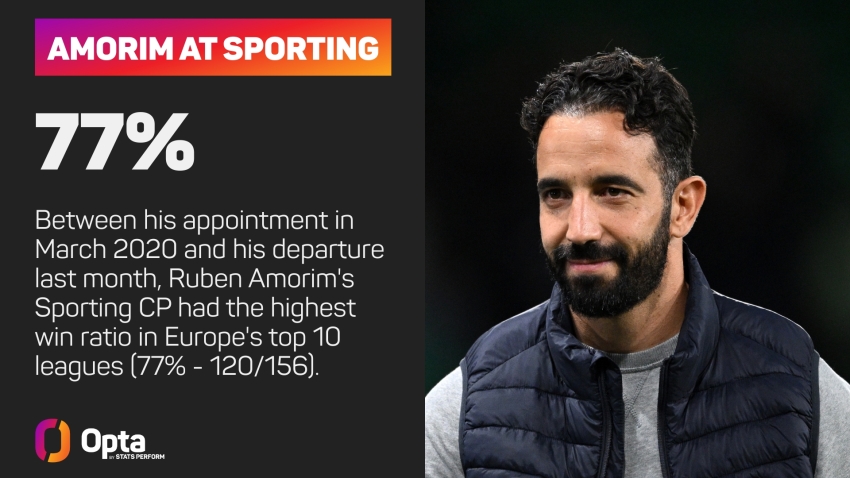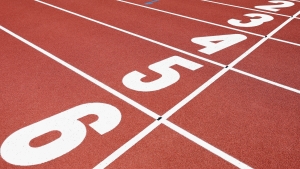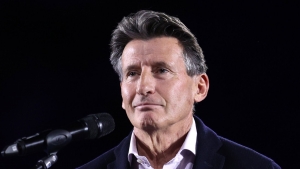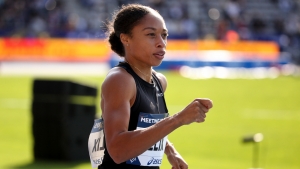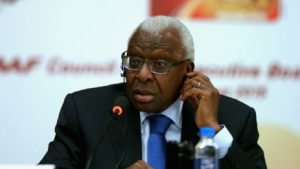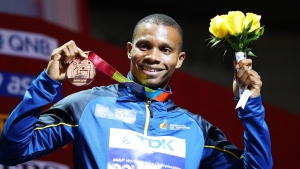World Athletics was accused of "succumbing to political pressure" after ruling male-to-female transgender competitors who have been through male puberty will be prevented from competing in women's elite events.
There was also praise for its stance, notably from former Olympians including swimmer Sharron Davies and decathlon great Daley Thompson.
The global governing body for track and field announced its decision on Thursday, and it will come into force from March 31.
World Athletics said it had spoken to a wide range of stakeholders before reaching its conclusion, with president Sebastian Coe saying: "Decisions are always difficult when they involve conflicting needs and rights between different groups, but we continue to take the view that we must maintain fairness for female athletes above all other considerations.
"We will be guided in this by the science around physical performance and male advantage which will inevitably develop over the coming years. As more evidence becomes available, we will review our position, but we believe the integrity of the female category in athletics is paramount."
Davies responded on Twitter, writing: "Thank you @sebcoe & @WorldAthletics for standing up for female athletes across the world who are worthy of fair sport"
Thompson added: "@sebcoe & @WorldAthletics have just given me another couple of reasons to love them."
The LGBTQ+ campaign group Stonewall took a different perspective, stating: "It is so disappointing to see World Athletics announce a unilateral ban on trans women in track and field events. Their own statement recognises that there are no trans women competing at an international level and that they have no specific evidence to justify the ban.
"We stand with trans people who now have the door closed on their chance to compete in athletic sports at an international level."
Athlete Ally, a US-based group which states its aim is to "champion LGBTQI+ equality", was also critical of the stance taken by World Athletics.
Its founder Hudson Taylor said: "We are beyond devastated to see World Athletics succumbing to political pressure instead of core principles of inclusion, fairness and non-discrimination for transgender athletes and athletes with intersex traits.
"The guidelines announced today go against inclusive guidelines from the International Olympic Committee as well as extensive research showing that transgender women do not have an inherent advantage in sport.
"Sebastian Coe states that these guidelines are an attempt to protect women's sport, but in fact these guidelines do nothing to address what we know to be the actual, proven threats to women's sports: unequal pay, rampant sexual abuse and harassment, lack of women in leadership and inequities in resources for women athletes.
"What these guidelines mean on a human level is that a young transgender girl who dreams of one day seeing herself on an Olympic stage will now have those dreams cruelly dashed."
While World Athletics says it has extensive research on athletes with differences of sexual development (DSD), it says its bank of information regarding transgender athletes is not as great.
It said: "There are currently no transgender athletes competing internationally in athletics and consequently no athletics-specific evidence of the impact these athletes would have on the fairness of female competition in athletics. In these circumstances, the council decided to prioritise fairness and the integrity of the female competition before inclusion."











